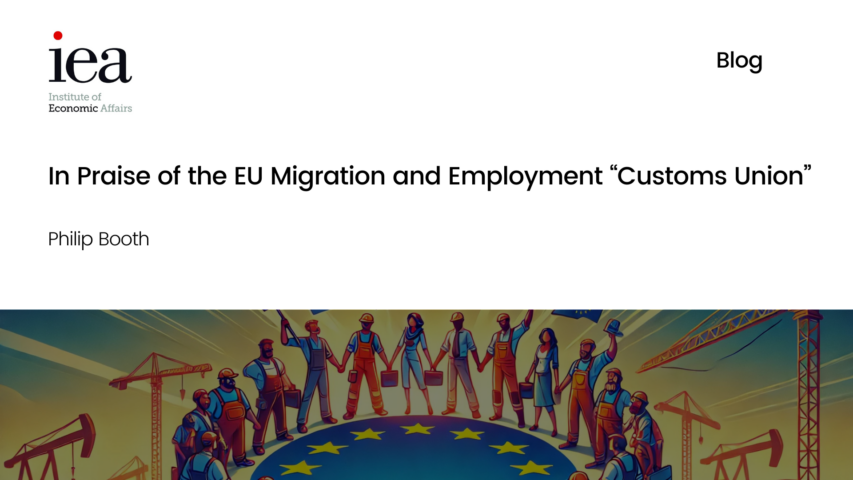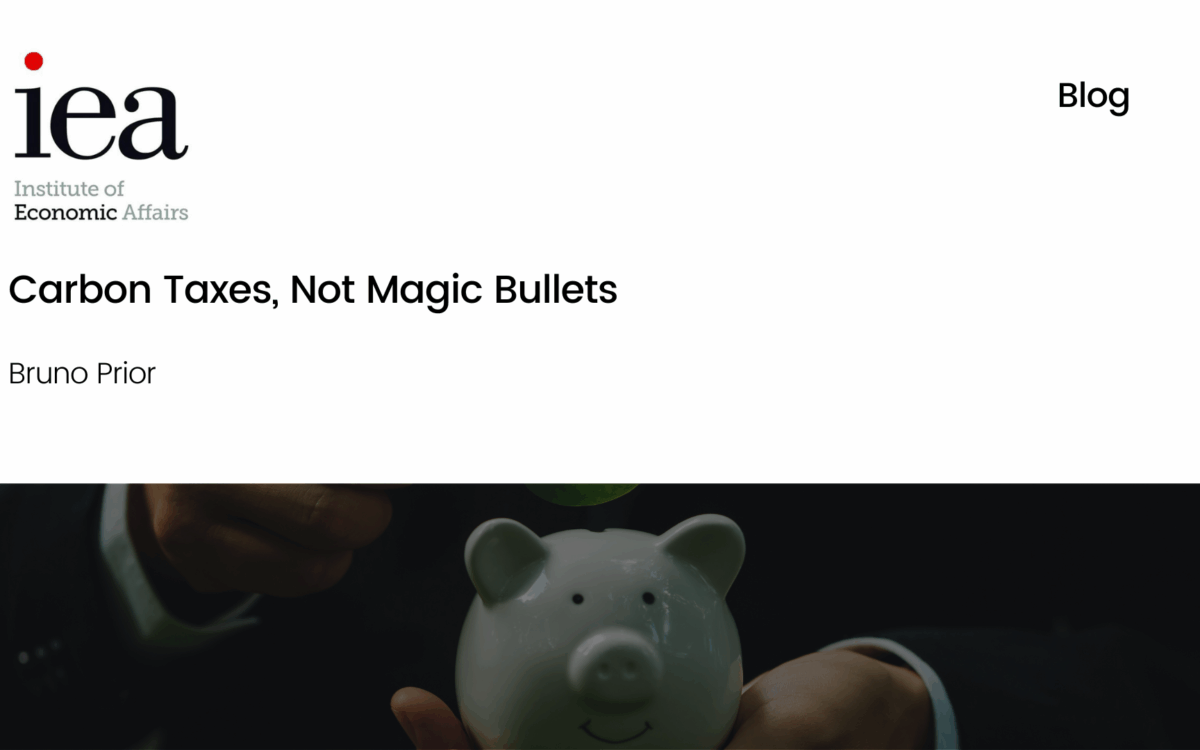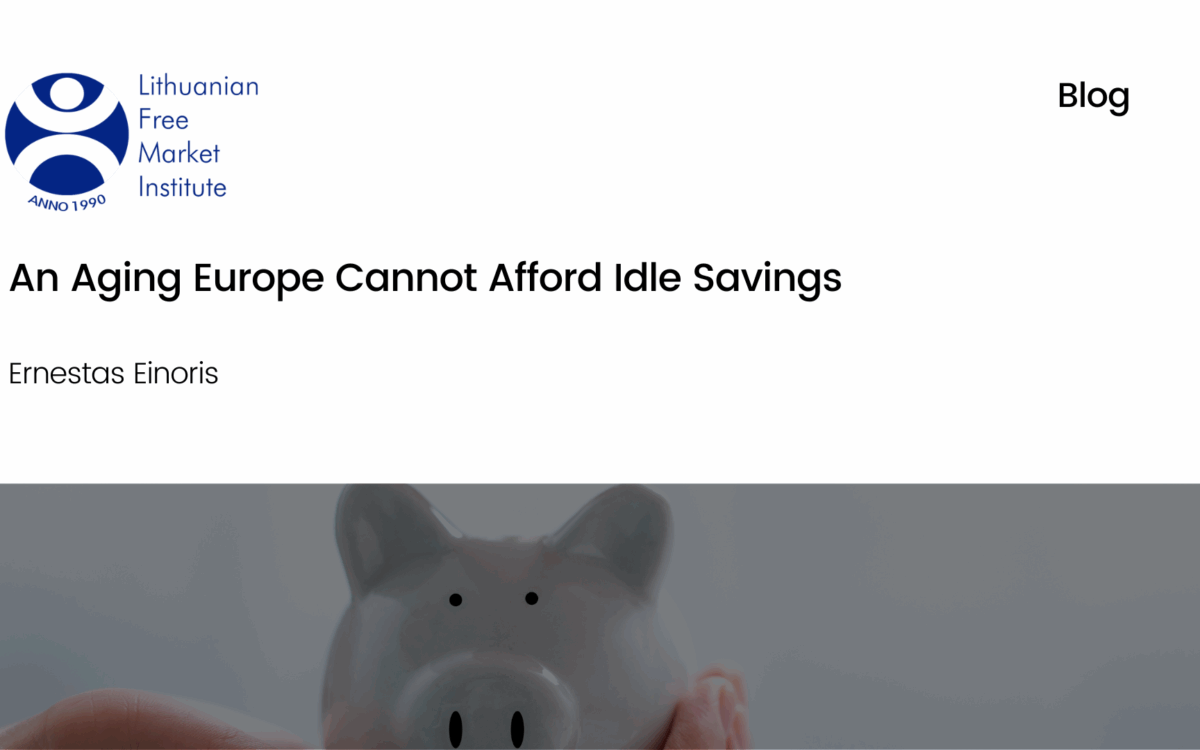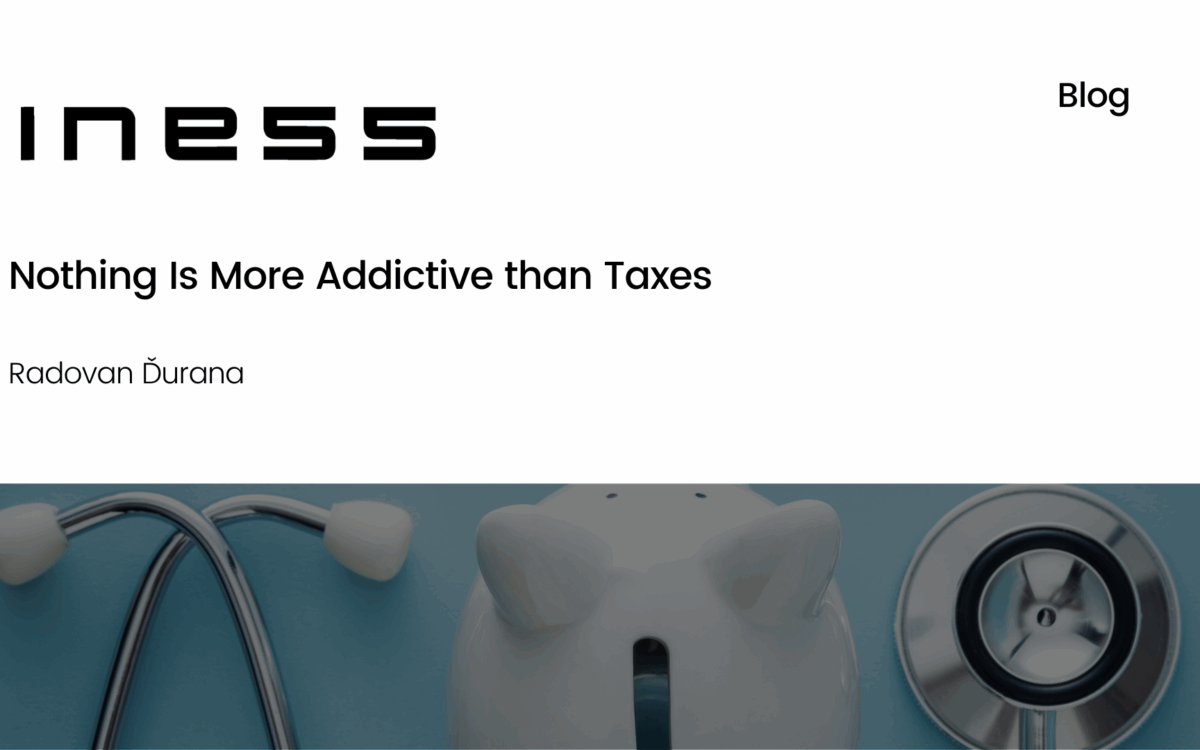In Praise of the EU Migration and Employment “Customs Union”

In Praise of the EU Migration and Employment “Customs Union”
Professor Philip Booth // 1 October 2018
In many ways the EU acts like a customs union when it comes to migration that leads to employment. It is very easy to come to the UK from other EU countries to get a job. Indeed, there are no government-imposed barriers at all. However, if you wish to come from outside the EU to the UK (or to any other EU country) you have to jump an awful lot of hurdles in order to obtain employment. These are expensive for business and expensive for the individual. Their extent is the cause of a great deal of illegal migration and trafficking. Crucially, a job is required before people from outside the EU come and live in the UK.
This situation is rather like the situation that prevails when a customs union has tariff-free circulation of goods but requires tariffs to be paid upon entry to the customs union. It is more difficult to import goods from outside the customs union than from inside.
Like all customs unions, the migration customs union distorts economic decision making. When choosing between an Albanian and a Pole, even if the Albanian were more productive relative to the wage that was to be offered, the business might well take on the Pole.
It is no doubt with this problem in mind that the Migration Advisory Committee in their recent report suggested that the government should have a non-discriminatory immigration policy when it came to countries of origin of migrants. They did suggest, however, that the government might wish to negotiate a deal in which free (or more-free) migration between the EU and the UK was maintained after Brexit so that it would still be easier to enter the UK from the EU than from outside the EU.
There are good economic reasons to keep something like the status quo when it comes to migration for employment. Though it can be argued that a migration customs union, as I describe it, causes economic distortions, those distortions are smaller the larger the pool of potential migrants from within the customs union – and the EU provides a large and diverse pool of potential migrants. In addition, applying the current procedures for migration from outside the EU to all migrants will raise transactions costs and create uncertainty for employers – two problems that economists often ignore in neo-classical analysis.
For an employer to hire a migrant from outside the EU currently requires a complex process to obtain a visa and there is huge uncertainty as to whether the visa will be granted. In addition, there are significant fees that have to be paid for a work permit or visa. Of course, these costs are more easily borne by large employers for whom there are economies of scale.
Furthermore, the individual has to be matched to the job before migration. The search costs of job-hunting and employee-hunting from a distance are vastly greater than search costs when the individual is able to come to the country first. In addition to all this, decision-making for employers becomes very difficult when faced with the possibility of employing a non-EU migrant. Dilemmas employers face include questions such as “should we hire the person from abroad or a less suitable alternative?” If there is no domestic person who is regarded as suitable, will we be able to get a visa for the person from abroad or should we reshape the job?”.
These are not trivial issues. They create enormous uncertainty and can stall recruitment for months as well as imposing huge paperwork costs. And, ultimately, the decision on whether a migrant can be hired is taken by a government central planner.
There is one thing the government should do, both to assuage public fears about migration and also to produce better economic outcomes. The government could require a contribution record before migrants received (most) welfare benefits. Ideally this could apply to indigenous people too – as is the case in many EU countries. Migrants from the EU would still be able to come here, but they would have to be earning money from a job to be able to stay. Indeed, if there had been such a contributory principle within the benefits systems, perhaps the Brexit vote would have gone the other way.
However, beyond this, there are many benefits from the status quo.
The small loss in efficiency from the current migration policy that treats EU and non-EU people differently and which the Migration Advisory Committee would like to overturn is probably outweighed by the transactions costs, uncertainty and discretionary decision-making that will prevail when all migrants are treated the same way.
The UK should continue to welcome EU migrants on current terms. Indeed, it should seek to expand the range of countries from which migrants can come without requiring permission to work. This is possible because, although the EU is a little like a customs union when it comes to migration, the fact that we are outside the Schengen agreement allows us to have policies that are as liberal as we like.
EPICENTER publications and contributions from our member think tanks are designed to promote the discussion of economic issues and the role of markets in solving economic and social problems. As with all EPICENTER publications, the views expressed here are those of the author and not EPICENTER or its member think tanks (which have no corporate view).



